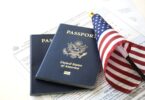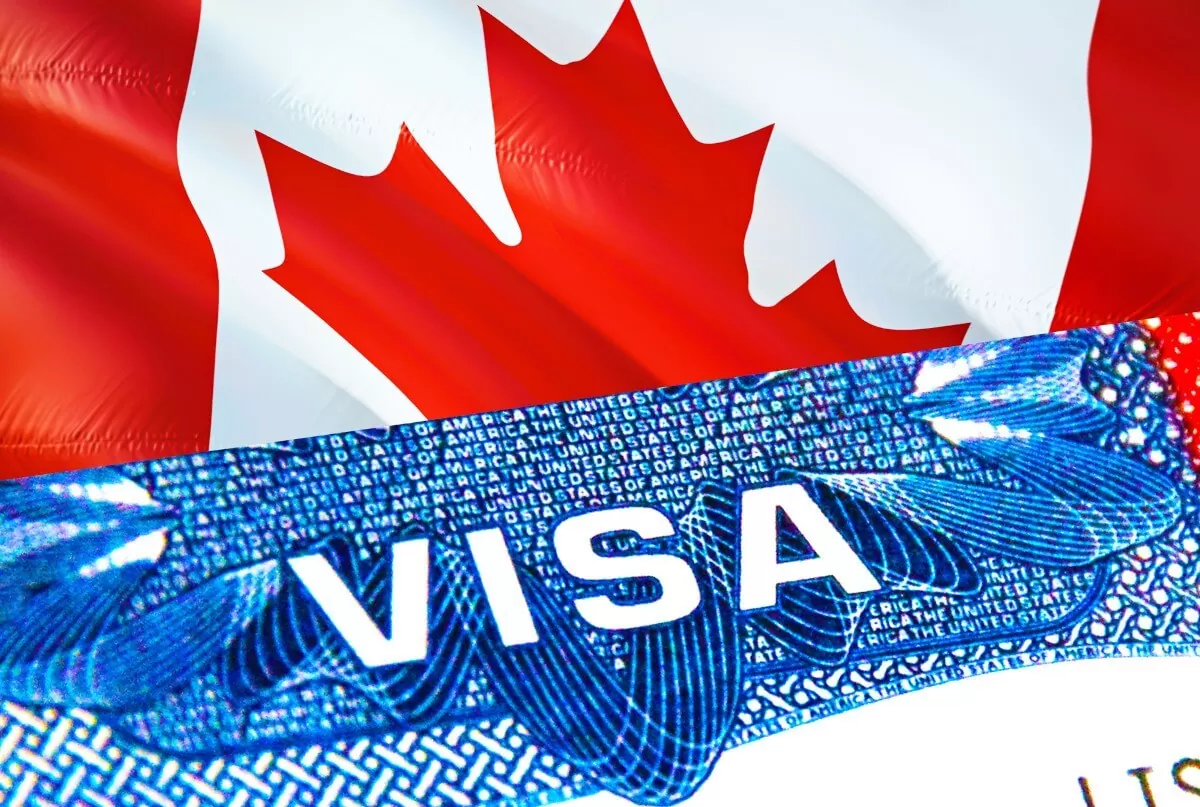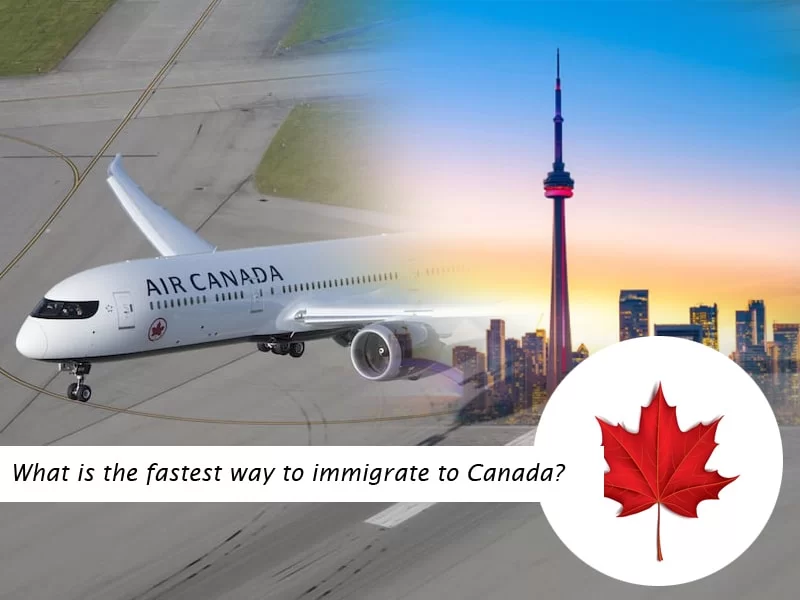Canada remains one of the most accommodating countries when it comes to immigration, its multi-lingual nature, growing economy, and climate condition have made it a safe place for thousands of foreign nationals to be sponsored by their Canadian spouses or partners each year, allowing them to settle permanently in Canada with legal status. Marriage to a Canadian citizen has been regarded as one of the easiest and most secure pathways to permanent residency.
In 2025, spousal sponsorship will continue to be an essential part of Canada’s immigration system, with several policies in place to facilitate the application process. However, specific eligibility requirements must be met before an individual can qualify for sponsorship. Through this program, a foreign spouse or partner is provided with a visa without the need for employment-based sponsorship, making the process more accessible for those who wish to reunite with their loved ones.
Types of Relationships Eligible for Sponsorship
In Canada, not all relationships are recognized for sponsorship under Canadian immigration laws. The government of Canada has categorized eligible relationships into three main types to prevent fraudulent marriages and ensure that only genuine partners can benefit from sponsorship programs.
Spouses – A legal marriage must be established between the sponsor and the applicant. The marriage must be legally recognized in Canada and in the country where it was performed. Proper documentation, such as a marriage certificate, must be provided.
Common-Law Partners – A couple must have lived together in a conjugal relationship for at least 12 consecutive months. Evidence such as joint leases, utility bills, and shared financial responsibilities must be submitted to support the claim.
Conjugal Partners – This category applies to couples who are unable to live together due to legal, social, or political reasons, such as same-sex relationships in countries where such unions are not permitted. Substantial proof must be provided to demonstrate the genuine nature of the relationship.
Understanding these relationship types is crucial for applicants, as failure to meet the requirements for one of these categories may result in the rejection of the application.
Eligibility Requirements for Canadian Sponsorship in 2025
Before applying for spousal sponsorship, both the sponsor and the sponsored partner must meet specific eligibility criteria set by Immigration, Refugees, and Citizenship Canada (IRCC). The requirements include:
1. For the Sponsor:
- Must be at least 18 years old.
- Must be a Canadian citizen or permanent resident.
- Must not be receiving social assistance for reasons other than disability.
- Must be able to provide financial support for the sponsored spouse or partner for at least three years.
2. For the Sponsored Person:
- Must be at least 18 years old.
- Must be legally married to or in a qualifying relationship with the sponsor.
- Must pass medical, security, and background checks.
- Must not have been convicted of serious criminal offenses.
If any of these conditions are not met, the application is likely to be denied. Ensuring compliance with all the eligibility requirements will improve the chances of a successful sponsorship application.
Required Documents for Spousal Sponsorship
The application for spousal sponsorship requires several key documents to prove the legitimacy of the relationship and the eligibility of both parties. The essential documents include:
1. Proof of Relationship:
- Marriage certificate (for spouses)
- Proof of shared residence (for common-law partners)
- Evidence of continued communication (messages, emails, call logs)
- Photographs of the couple together at various events
- Statements from friends and family confirming the relationship
2. Personal Documents:
- Valid passports of both the sponsor and the applicant
- Birth certificates
- Government-issued identification
3. Financial Documents:
- Proof of financial stability from the sponsor
- Employment records or bank statements
- Tax documents showing income stability
4. Legal and Security Documents:
- Police clearance certificates from all countries where the applicant has resided for more than six months
- Medical examination report approved by IRCC
Providing complete and accurate documentation is essential, as missing or incorrect information may result in processing delays or rejection of the application.
Application Process for Spousal Sponsorship in 2025
The application process for spousal sponsorship in Canada involves multiple steps. Each step must be carefully followed to ensure approval and avoid unnecessary delays. The process is outlined below:
1. Determine Eligibility
Before applying, eligibility criteria for both the sponsor and the sponsored person must be reviewed. Failure to meet any of the requirements may result in automatic disqualification.
2. Gather Required Documents
All necessary documents, including proof of relationship, personal identification, financial statements, and security clearances, must be collected. Ensuring that every document is up to date and properly submitted will help prevent processing delays.
3. Complete the Sponsorship and Immigration Forms
Official forms provided by IRCC must be accurately filled out. These forms include the Application to Sponsor, Sponsorship Agreement, and Undertaking (IMM 1344) and the Generic Application Form for Canada (IMM 0008).
4. Pay the Application Fees
Processing fees, biometric fees, and the Right of Permanent Residence Fee (RPRF) must be paid. The total cost varies but usually ranges between $1,050 and $1,500 CAD depending on the number of dependents included in the application.
5. Submit the Application to IRCC
Once all forms and supporting documents have been compiled, the application must be sent to the designated IRCC processing center. Submissions can be made online or via mail, depending on the requirements specified for 2025.
6. Wait for Processing and Decision
The average processing time for spousal sponsorship applications ranges from 12 to 18 months. During this period, additional information may be requested, and interviews may be scheduled. If the application is approved, the sponsored spouse will be granted a visa and allowed to move to Canada.
Benefits of Gaining Free Visa Sponsorship
Receiving spousal sponsorship comes with numerous advantages, making it an attractive option for those looking to immigrate to Canada. Some of the major benefits include:
No Employment Requirement – Unlike work-based visas, no job offer is needed to qualify for permanent residence through spousal sponsorship.
Pathway to Permanent Residency – Successful applicants are granted permanent resident status, which allows them to live, work, and study in Canada.
Access to Healthcare and Social Benefits – Permanent residents are entitled to healthcare coverage and various government benefits.
Eligibility for Canadian Citizenship – After residing in Canada for three years within a five-year period, a sponsored spouse may apply for citizenship.
Family Reunification – The program ensures that couples and families can live together without the fear of deportation or legal obstacles.
These benefits make spousal sponsorship one of the most desirable routes for individuals seeking to relocate to Canada with the support of their Canadian spouse.
Conclusion
Marrying a Canadian spouse and obtaining free visa sponsorship remains a viable pathway to immigration in 2025. The process, though detailed, is designed to ensure that genuine relationships are recognized and rewarded with the opportunity to build a life in Canada. By understanding the eligibility criteria, gathering the required documents, and carefully following the application steps, applicants can significantly improve their chances of success.
With patience and proper preparation, the dream of living in Canada with a loved one can become a reality. Those considering this route should stay informed about any updates in immigration policies to avoid potential setbacks in their application process.






Leave a Comment